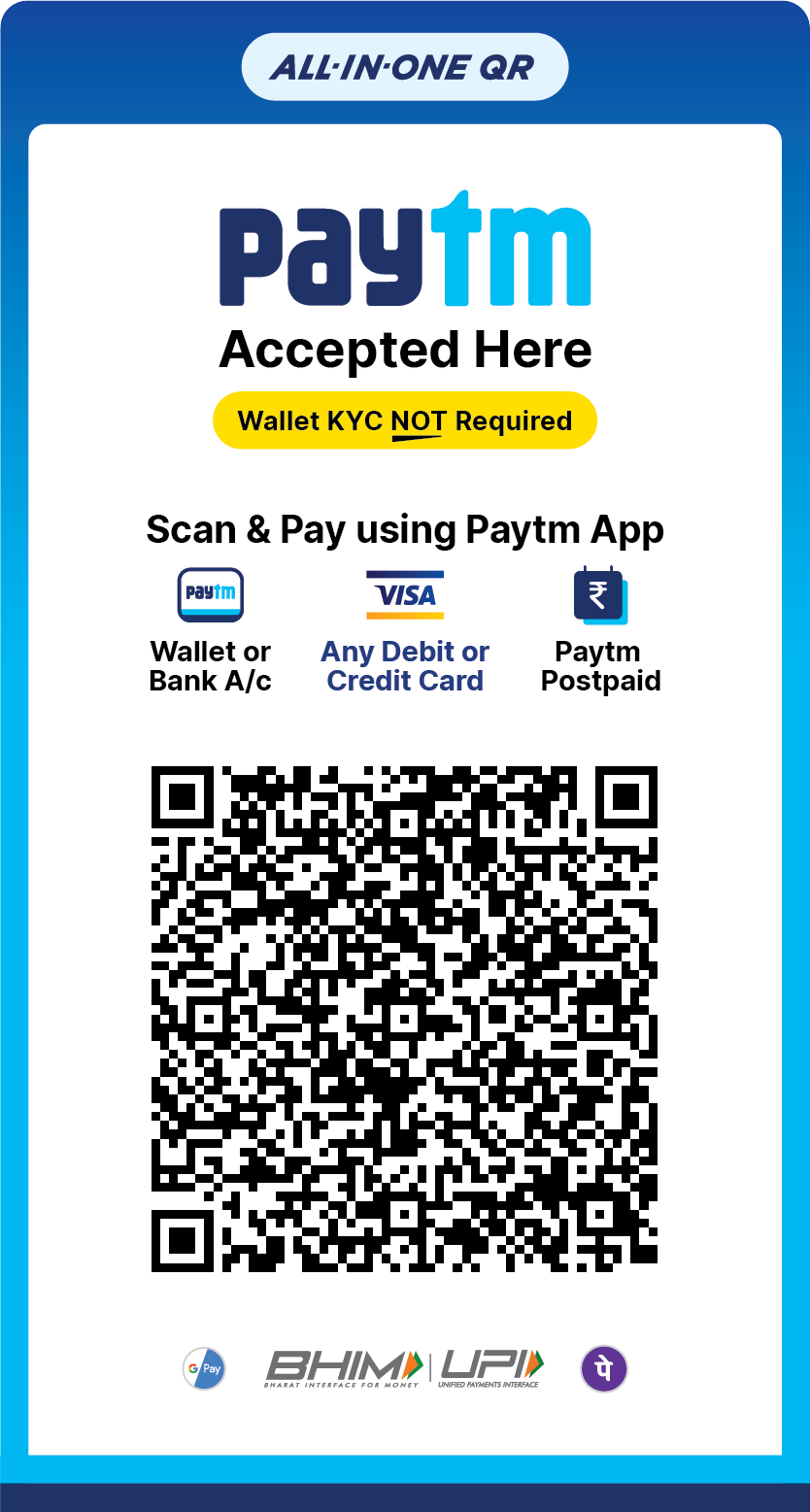The Complete 18ec71 | Computer Networks Notes
- 4.9
-
2018 Scheme | ECE Department
- Created by vtunotes.in
- 5 Modules
Description
VTU 18EC71 - COMPUTER NETWORKS: Course Summary
Course Code: 18EC71
University: Visvesvaraya Technological University (VTU)
Summary:
The "Computer Networks" course is a dynamic and fundamental exploration into the intricate world of interconnected computing systems. Designed for students pursuing studies in computer science, information technology, or related fields, this course delves into the principles, protocols, and technologies that underpin the modern global network infrastructure.
Key Topics Covered:
- Introduction to Networking Concepts: Students will gain a solid understanding of the foundational concepts in computer networking, including the OSI model, TCP/IP protocol suite, and the principles of data communication.
- Network Architecture and Design: The course explores various network architectures, ranging from local area networks (LANs) to wide area networks (WANs). Emphasis is placed on designing scalable and efficient network structures.
- Network Protocols and Standards: Students will delve into the protocols and standards governing data transmission, including the Transmission Control Protocol (TCP), Internet Protocol (IP), and the Domain Name System (DNS).
- Wireless and Mobile Networking: The course addresses the challenges and solutions in wireless and mobile networking, covering technologies such as Wi-Fi, cellular networks, and emerging trends like 5G.
- Network Security: Security is a paramount concern in the digital age. Students will study the principles of network security, including encryption, firewalls, intrusion detection systems, and secure network design.
- Network Management: The efficient operation and maintenance of networks are crucial. This section covers network management protocols, tools, and techniques for monitoring and optimizing network performance.
- Emerging Technologies: As technology evolves, so do networking paradigms. The course explores emerging technologies such as the Internet of Things (IoT), software-defined networking (SDN), and edge computing.
Course Learning Objectives:
This course will enable students to:
- Understand the layering architecture of OSI reference model and TCP/ IP protocol suite.
- Understand the protocols associated with each layer.
- Learn the different networking architectures and their representations.
- Learn the functions and services associated with each layer.
Module-1
Introduction: Data communication: Components, Data representation, Data flow, Networks: Network criteria, Physical Structures, Network types: LAN, WAN, Switching, The Internet.
Network Models: Protocol Layering: Scenarios, Principles, Logical Connections, TCP/IP Protocol Suite: Layered Architecture, Layers in TCP/IP suite, Description of layers, Encapsulation and Decapsulation, Addressing, Multiplexing and Demultiplexing, The OSI Model: OSI Versus TCP/IP.
Module-2
Data-Link Layer: Introduction: Nodes and Links, Services, Two Categories’ of link, Sublayers, Link Layer addressing: Types of addresses, ARP.
Data Link Control (DLC) services: Framing, Flow and Error Control, Data Link Layer Protocols: Simple Protocol, Stop and Wait protocol, Piggybacking.
Media Access Control: Random Access: ALOHA, CSMA, CSMA/CD, CSMA/ CA.
Wired and Wireless LAN 5: Ethernet Protocol, Standard Ethernet.
Introduction to wireless LAN: Architectural Comparison, Characteristics, Access Control.
Module-3
Network Layer: Introduction, Network Layer services: Packetizing, Routing and Forwarding, Other services, Packet Switching: Datagram Approach, Virtual Circuit Approach, IPV4 Addresses: Address Space, Classful Addressing, Classless Addressing, DHCP, Network Address Resolution, Forwarding of IP Packets: Based on destination Address and Label.
Network Layer Protocols: Internet Protocol (IP): Datagram Format, Fragmentation, Options, Security of IPV4 Datagrams. Unicast Routing: Introduction, Routing Algorithms: Distance Vector Routing, Link State Routing, Path vector routing.
Module-4
Transport Layer: Introduction: Transport Layer Services, Connectionless and Connection-oriented Protocols, Transport Layer Protocols: Simple protocol, Stop and wait protocol, Go—Back-N Protocol, Selective repeat protocol.
Transport-Layer Protocols in the Internet: User Datagram Protocol: User Datagram, UDP Services, UDP Applications, Transmission Control Protocol: TCP Services, TCP Features, Segment, Connection, State Transition diagram, Windows in TCP, Flow control, Error control, TCP congestion control.
Module-5
Application Layer: Introduction: providing services, Application- layer paradigms, Standard Client —Server Protocols: World wide web, Hyper Text Transfer Protocol, FTP: Two connections, Control Connection, Data Connection, Electronic Mail: Architecture, Wed Based Mail, Telnet: Local versus remote loggingDomain Name system: Name space, DNS in internet, Resolution, DNS Messages, Registrars, DDNS, security of DNS.
Course Curriculum & Downloads Module Wise
Course Faq
- Can we download the notes?
Yes, you can download the notes by going to the Module Topics and clicking on the View/Download Module Notes.
- How often notes are updated on AcquireHowTo?
We try our best to provide update notes to our users, so we keep updating them once a week.
- Do you provide only one specific university note?
No, Our team tries to work hard to provide notes from multiple universities like VTU, IP, DTU, Amity, etc, and from multiple courses like B.E, B.Tech, BBA, MBA, BCA, etc.
- Do the Notes you provide belongs to you?
No, the notes we provide belong to the only creator of that notes. May some note belongs to us but not all. AcquireHowTo is a notes providing platform that provide notes from different sources at one place to help the students.
Announcement
AcquireHowTo
Admin 1 year agoUpcomming Updates of the AcquireHowTo
- -- CGPA/SGPA Calculator with University Filter.
- -- Student Projects Guide and Download.
- -- Article Publishing platform for different categories.
- -- Courses for students on different topics.
- -- Student Dashboard for AcquireHowTo Products.
- -- Online Portal to buy Minor Projects and Major Projects.
- -- Last year Exams Question paper .
These all updates are comming soon on our portal. Once the updates roll out you will be notified.

COURSE INCLUDES

Maths Deptartment | 3rd Sem

CSE Deptartment | 3rd Sem

CSE Deptartment | 3rd Sem

CSE Deptartment | 3rd Sem

CSE Deptartment | 3rd Sem

CSE Deptartment | 3rd Sem

ECE Deptartment | 3rd Sem

ECE Deptartment | 3rd Sem

ECE Deptartment | 3rd Sem

ECE Deptartment | 3rd Sem

ECE Deptartment | 3rd Sem

ECE Deptartment | 3rd Sem

ECE Deptartment | 7th Sem

CSE Deptartment | 7th Sem

CSE Deptartment | 7th Sem

CSE Deptartment | 7th Sem

CSE Deptartment | 4th Sem

CSE Deptartment | 4th Sem

CSE Deptartment | 4th Sem

CSE Deptartment | 4th Sem


